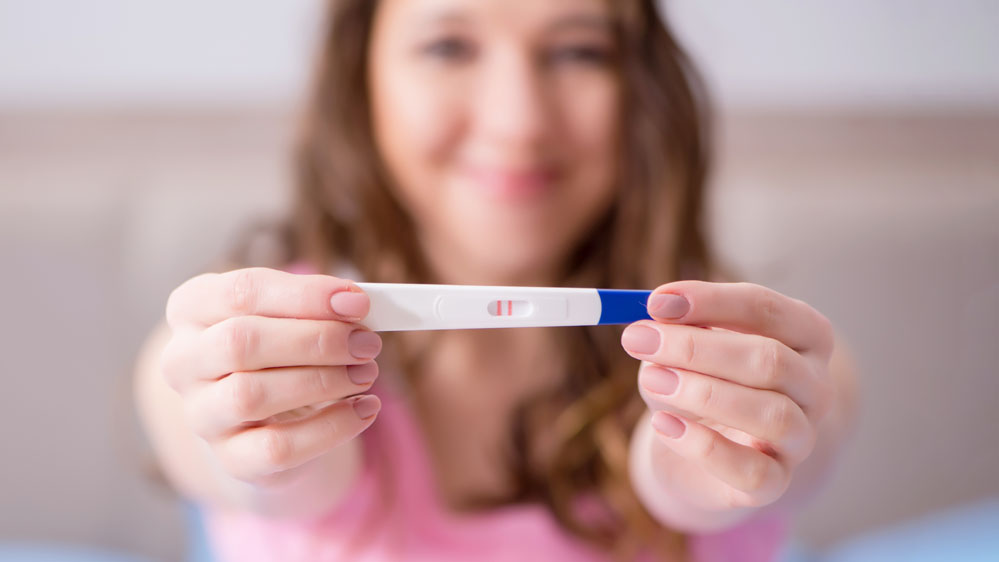Infertility Treatments for Women
If you are struggling to have a baby, know that you are not alone. Infertility affects 12 of every 100 U.S. couples. About 12% of American women ages 15-44 have difficulty getting or staying pregnant. Hormone-related ovulation problems are the most common cause of female fertility problems. A blocked fallopian tube, often a result of pelvic inflammatory disease, can also lead to infertility. Uterine fibroids, endometriosis and polycystic ovary syndrome (PCOS) can also contribute to infertility in women.
While not all female infertility is treatable, medications or doctor-assisted fertilization can help. The board-certified OBGYNs at Beaufort Memorial can identify the cause of infertility and offer recommendations or referrals for the most appropriate treatment options.
If you have been unable to conceive, request an appointment with a Beaufort Memorial OBGYN.

Infertility Risk Factor
In addition to ovulation problems, a blocked fallopian tube, uterine fibroids and endometriosis, there are several other factors and conditions that can affect a woman's fertility:
- Age (fertility begins to drop at age 30)
- Being significantly overweight or underweight
- Diabetes
- Extreme exercise
- Health conditions that cause hormonal changes, such as PCOS
- Heavy alcohol use
- Poor diet
- Smoking
- Stress
Signs of Infertility
If you are younger than 35 years old and have been trying to get pregnant for 12 months, seek medical help. If you are 35 or older, seek medical help after six months of trying. Make sure to mention any of the above risk factors that you may have, as well as any of the following symptoms:
- Irregular or no menstrual periods
- More than one miscarriage
- Very painful periods
Infertility Treatment
Doctors and specialists can offer a range of infertility treatment options depending on your age and health. Because treatment can be emotionally taxing, expensive and time consuming, consider risks and success rates for each of the following methods:
- Assisted reproductive technology (in vitro fertilization): First, you will take a round of fertility drugs. Then your mature eggs are surgically harvested, fertilized in the lab and reimplanted in your body.
- Intrauterine insemination: After you receive fertility drugs, your partner's semen is inserted directly into your uterus. This option is typically offered when a cause of infertility can't be found in either partner.
- Medication: Most fertility drugs stimulate ovulation. Some are oral, and others are injected. These medications increase your chances of having a multiple pregnancy (twins or more) and, therefore, your risk of miscarriage.
- Surgery: Surgery can repair a condition, such as uterine fibroids, that contributes to infertility. It is also used to harvest eggs for in vitro fertilization.
